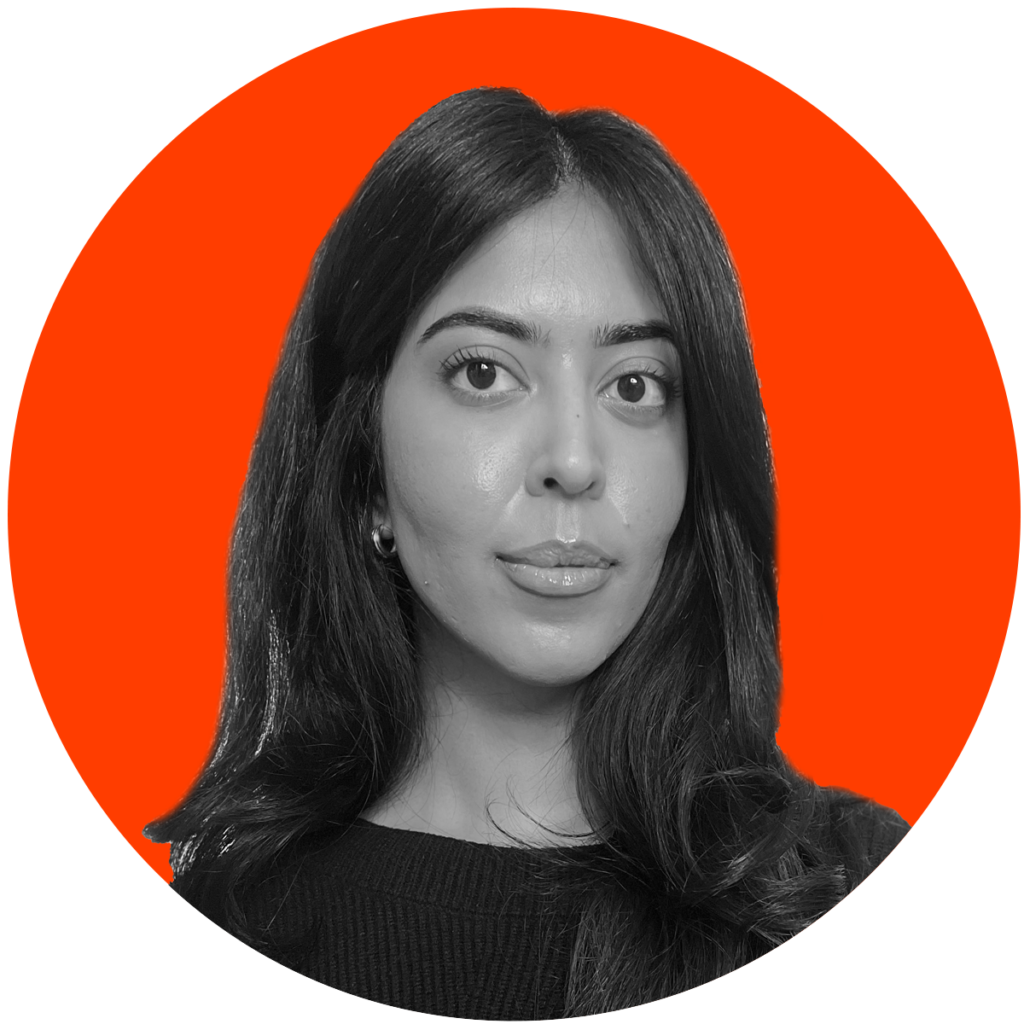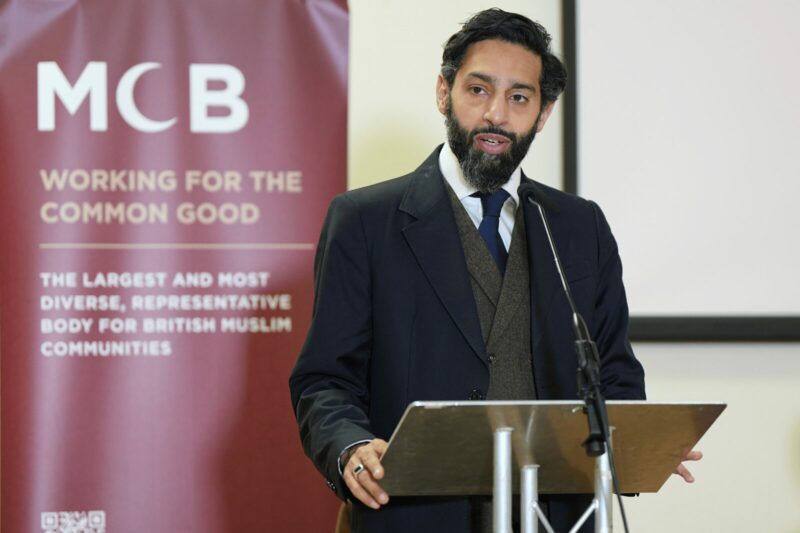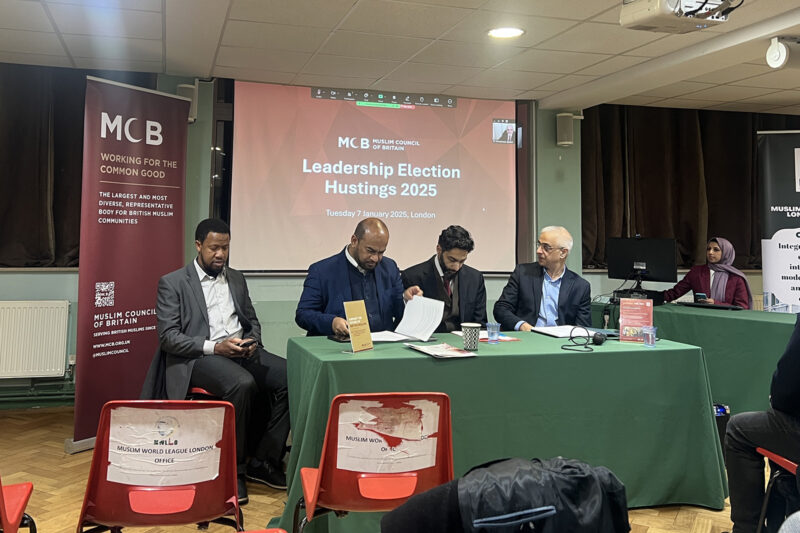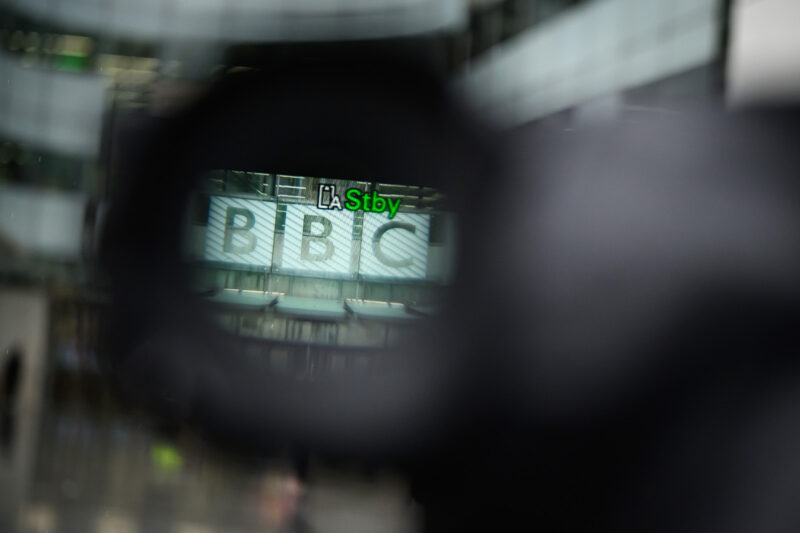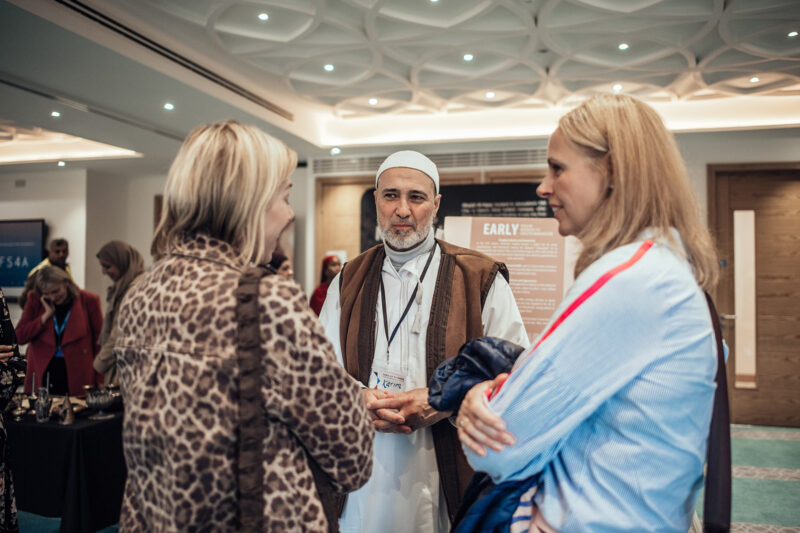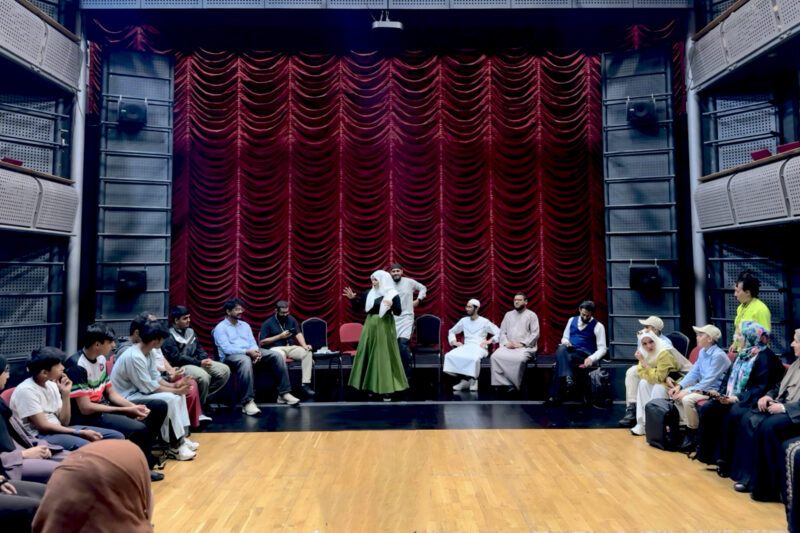Muslim Council of Britain leadership hopefuls set out vision for the organisation
Dr Muhammad Adrees and Dr Mohammed Wajid Akhter are vying to become secretary general of the UK’s largest Muslim umbrella group. Here’s what you need to know
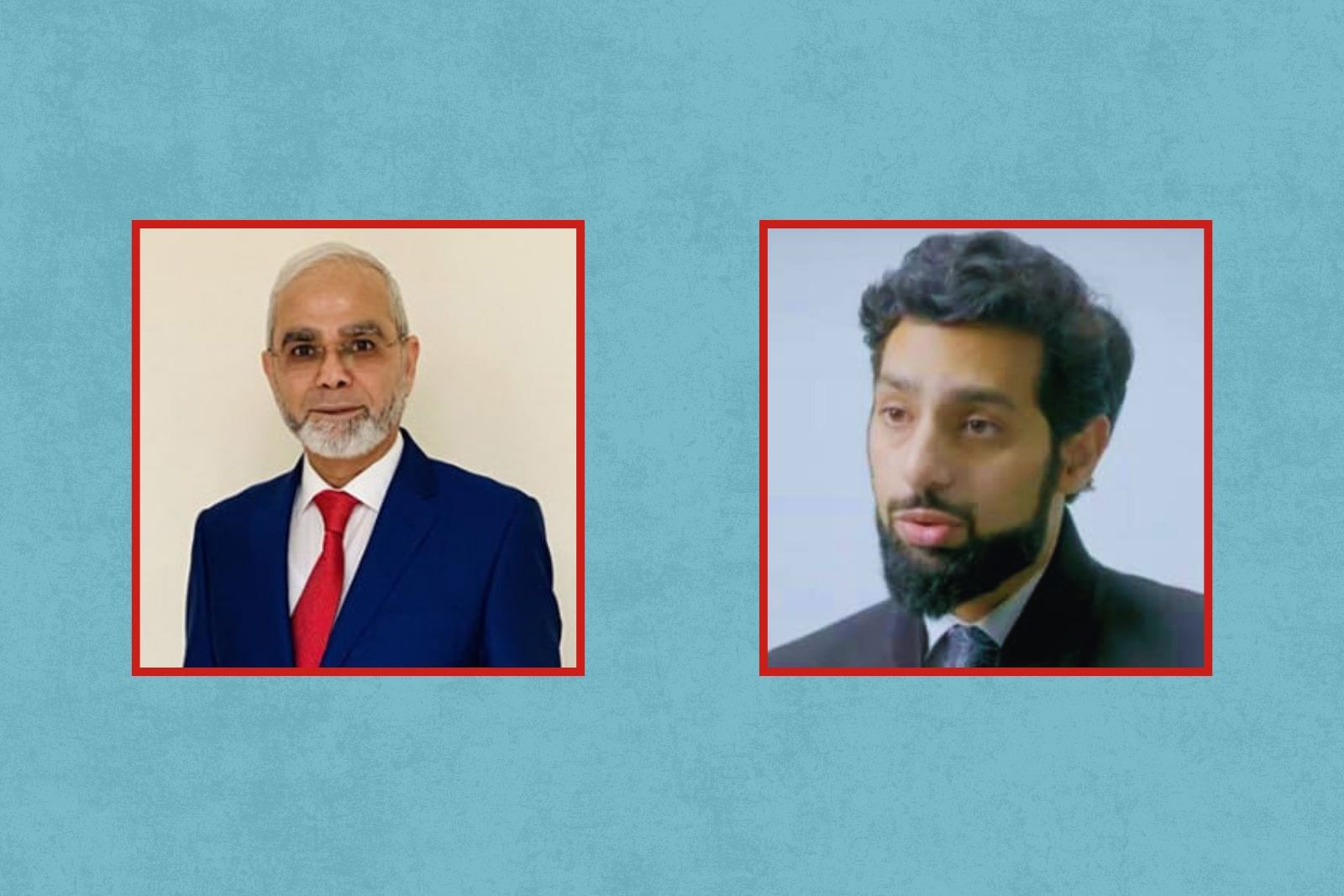
Four years after Zara Mohammed became the youngest secretary general of the Muslim Council of Britain (MCB), and the first woman to hold the post, Britain’s largest umbrella body for Muslim organisations is looking for a new leader.
Candidates were nominated in November 2024 by organisations affiliated with the MCB, including mosques, Islamic associations, charities and schools. In the final running for the leadership position are two doctors — Mohammed Wajid Akhter from Braintree in Essex, who is currently a member of the MCB’s national council and a former assistant secretary general, and Muhammad Adrees from Glasgow, who convenes its sister organisation the Muslim Council of Scotland. On Tuesday evening, both candidates will present their vision for the future of the MCB at the first of three hustings events ahead of the election on 25 January. The winning candidate will be voted in by delegates representing the MCB’s affiliate organisations.
The MCB was inaugurated in 1997 and now represents more than 500 mosques and Muslim community organisations across the UK. Despite its stature, the organisation has had a fraught relationship with Westminster over the years. While the former Conservative government refused to engage with the MCB for more than a decade, Mohammed fostered a relationship with Labour while it was in opposition, and met with Keir Starmer in 2021. But since taking power in July 2024, the Labour government has not departed from the previous government’s policy of non-engagement. Mohammed claimed that the government had ignored communication from the MCB during far-right riots in August 2024, and has since called on Labour to review its stance.
Sariya Cheruvallil-Contractor, professor of the sociology of Islam at Coventry University and a former chair the Muslims in Britain Research Network, said the winning candidate would enter the role at a unique time for British Muslims, against the backdrop of a mobilisation of the far-right across the US and Europe, and a 13% rise in reports to police of Islamophobic hate crime in the year ending March 2024.
“We’ve heard Muslims say they feel like they are back in the 70s when it comes to racism,” said Cheruvallil-Contractor. “We’ve got sitting MPs from the Reform party, and now Elon Musk, jumping in.
“They talk about migrants, but we know the undertone of the migrant community discourse is really the Muslim migrant. All of this has to be challenged by whoever gets this role.”
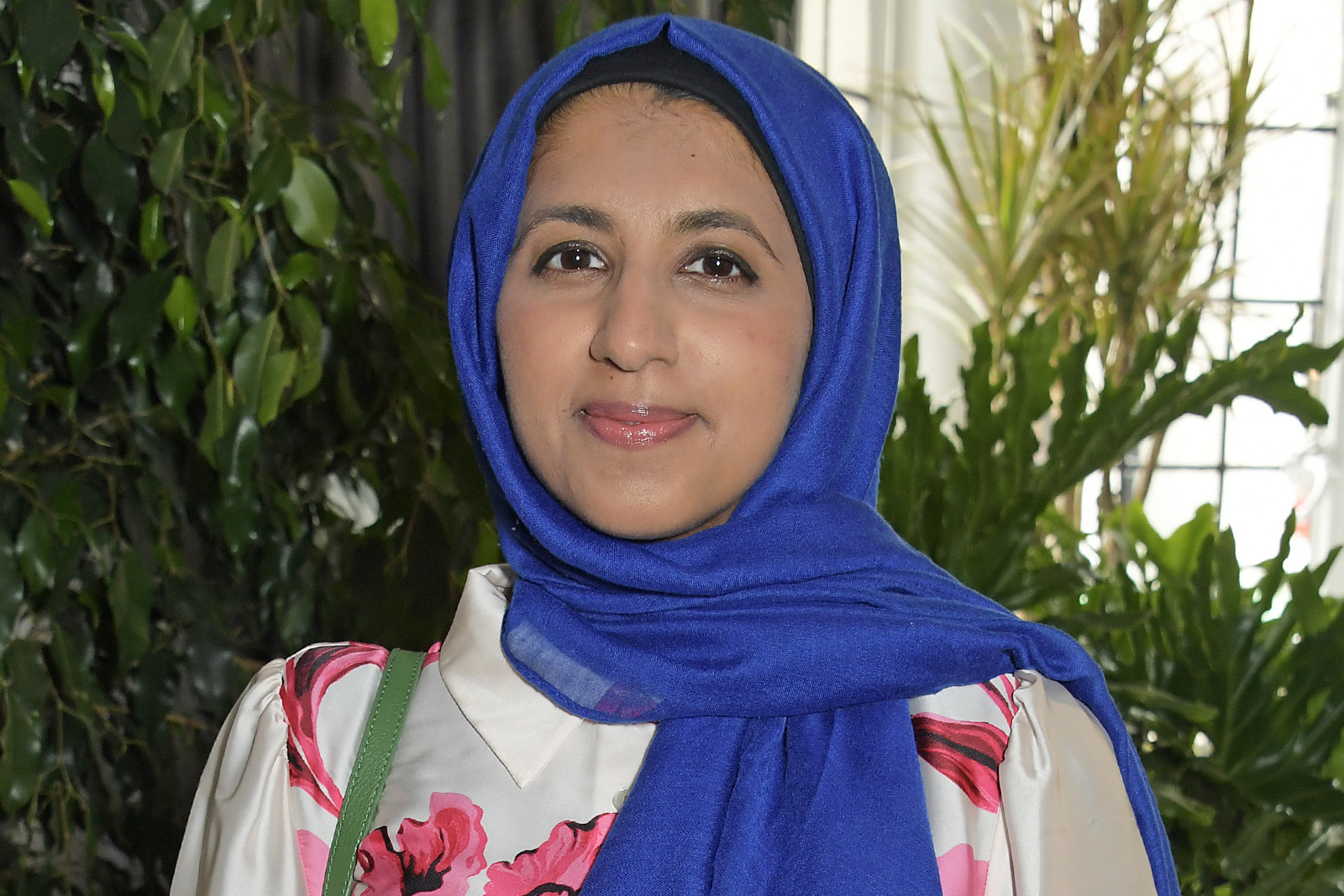
Akhter told Hyphen ahead of the hustings that he would transform the MCB, which he believes has not kept pace with Britain’s Muslim population.
“We’ve got a younger, more diverse, more educated and more organised community than we have ever had before,” he said. “But the challenges have also changed. Social media didn’t exist when the MCB was formed. We’ve had the rise of figures like Donald Trump, and there is more structural Islamophobia. The MCB hasn’t kept up and we need to evolve.”
Akhter said, if elected, he hoped to educate Muslim communities and the wider population about what the MCB does, what it believes in and why it exists. By doing so, he hopes to inspire more Muslims to come forward and get involved.
“The MCB has done great work over the years but hasn’t always been great at communicating it,” he acknowledged. “Some of the work tends to skew towards reports — things that the average person on the ground doesn’t feel the impact of.”
Within the organisation’s internal structure, Akhter hopes to diversify its staff. “We don’t want an organisation built by men for men, that happens to let women or non-South Asian Muslims in. It needs to be an organisation by both men and women, by Muslims of different ethnicities and different backgrounds, which reflects them.”
Another focus is to inspire more young Muslims to get involved with both the MCB and community organisations it represents in their local area. “We need to be able to convince the best and brightest of our community that this is where they should put their skills and their time,” he said.
“Many young people don’t feel connected to existing organisations, because they seem to be run by people who are their grandparents’ age. We need to change that, by inspiring them and bringing them into the heart of our organisations, and giving them the tools and the opportunity to lead.”
Akhter said that while it was important for the MCB to speak with the government to hold them to account, “we are not going to beg”. “If you lose your dignity, you have nothing. If the government of the day does not want to engage with the largest, most diverse, most democratic and most organised umbrella body of the largest minority in the UK, then that is up to them,” Akhter said.
Adrees, who is the convenor of the Muslim Council of Scotland, hopes his experience in his current role will help bridge the gap between the Muslim community and the UK government. In his role, he told Hyphen he regularly works with Scottish politicians and police.
“On the very first day that the riots after the Stockport tragedy were reported in the news, Police Scotland called on the Muslim Council of Scotland,” he said. “We had a detailed meeting about measures we would take if the problem came to Scotland.”
Adrees said he also facilitated a meeting between the Scottish first minister, John Swinney, and the Muslim community at the Edinburgh Central Mosque on 5 August.
On his plans to engage with the UK government, Adrees said: “We will make it clear that we are there to look at the best for the country, for the people, and we are there to support the government. Having said that, the government must know the needs of the Muslim community, and we can do that.
“The Muslim community must engage with all political parties, so that when we are sitting beside them on the same table, they will never rule you out. Otherwise they have a free space to talk against you.”
Asked if he was worried about the backlash from the far right that would likely come with the role of leading the MCB, Adrees was unperturbed. “I’m confident,” he said. “This country is for everyone. We need to make friends rather than opposition. I believe in talking to those who don’t want to talk to you. You could keep them at a distance, but we need to change this attitude in ourselves.”
Akhter has a similar approach to dealing with his detractors. “We don’t want to just sit here and shout about Islamophobia,” he said. “I want to know what you’re worried about. Are you worried about immigration? It’s not an unreasonable thing to be. But we should have a conversation about it.”
On Monday, the right-wing thinktank Policy Exchange published a report accusing Akhter of expressing views it believes to be “ominous for the integration of Muslims into Britain”.
The thinktank, which was accused of racism and Islamophobia in 2022 by groups including Prevent Watch, the People’s Review of Prevent and Mend, cited an article in which Akhter wrote that Muslim parents should choose faith as a primary identity for their children. “Note that I say ‘primary’ as opposed to ‘only’,” Akhter wrote in the piece referred to by the thinktank.
Policy Exchange did not respond to the allegation that its report, Delegitimising Counter-Terrorism, was evidence of racism or Islamophobia.
Policy Exchange also highlighted an article written by Adrees in 2017 about a trip to Iran, in which he praised the regime’s treatment of its Sunni and non-Muslim minorities.
Akhter hit back at the report, telling Hyphen that Policy Exchange had misrepresented his views. “My vision is to foster unity among all Britons, grounded in mutual respect and shared values,” he said. “It is troubling that others seek to define what makes a ‘good Muslim’ based on the ideological convictions of hard-right thinktanks.”
He added: “This is part of a wider effort to vilify active Muslims who contribute positively to society, undermining cohesion and mutual understanding.”
Whoever wins at the end of January, Cheruvallil-Contractor said they would need to look beyond the issues the government ties to Muslim communities.
“What we need from an umbrella organisation,” she said, “is a group of people who can celebrate how Muslims are contributing to British life, but also lobby and work with the government to move them away from this focus on Muslim women and terrorists and to instead look at these very practical needs.”
 Newsletter
Newsletter

